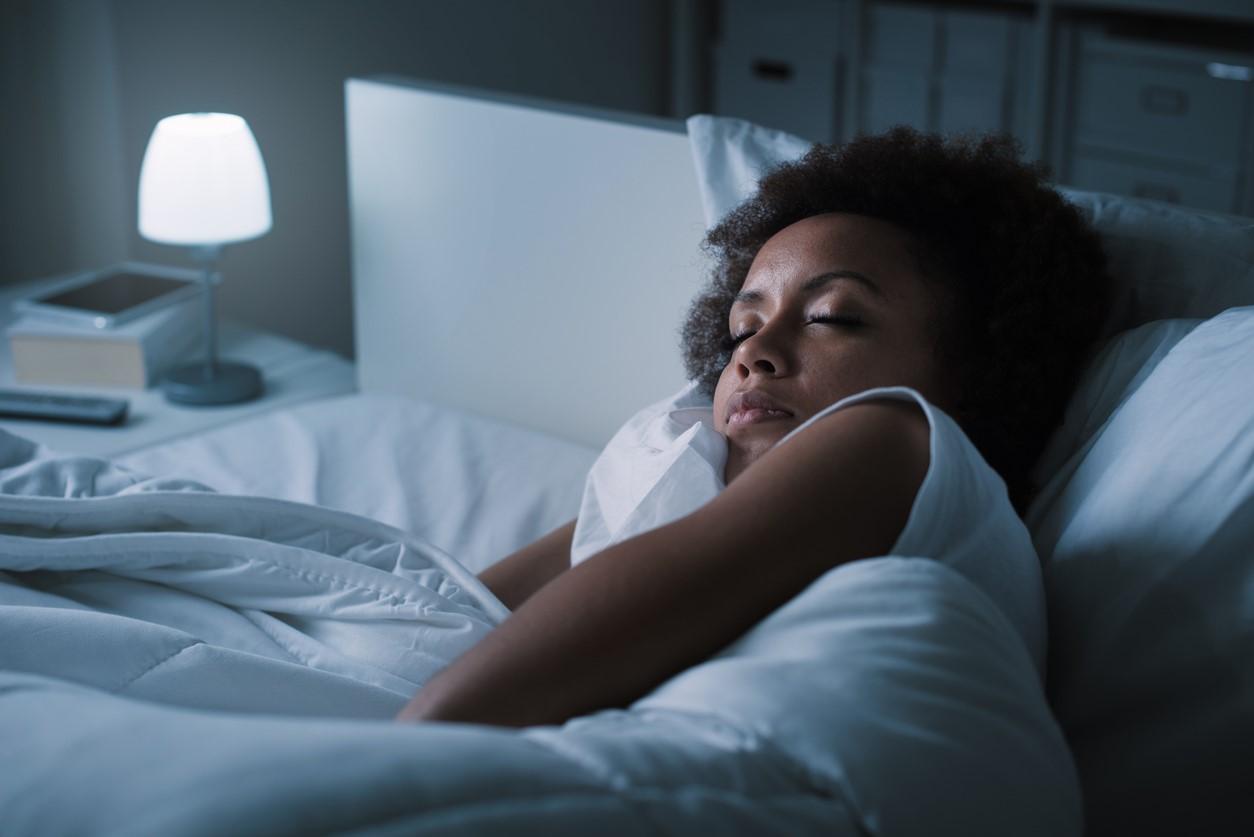
Having a history of poor sleep quality prior to COVID-19 infection may increase the likelihood of developing post-COVID condition, or long COVID, according to data from the COVIDENCE UK study recently published in BLJ Open Respiratory Research.
The research was based on information from non-hospitalized participants with evidence of SARS-CoV-2 infection. The study authors assessed sleep quality via participant answers to a subset of questions from the Pittsburgh Sleep Quality Index. Long COVID was defined as unresolved symptoms at least 12 weeks after infection.
In total, 3,994 participants were included in the study, of whom 327 (8.2%) reported long COVID. Participants were followed up for a median of 13.1 months after infection.
Overall, sleep duration increased slightly in the month immediately following a SARS-CoV-2 infection, with no increase for people who were asymptomatic or had mild disease.
Sleep problems linked to inflammation, poor mental health
The data showed an inverse relationship between pre-infection sleep quality and risk of long COVID (odds ratio 1.37; 95% confidence interval, 1.04 to 1.81). Greater variability in pre-infection sleep efficiency was also associated with long COVID when adjusted for infection severity, the study authors wrote.
When looking at participants with pre-infection sleep data from October 2020, the authors saw a greater reduction and more extended fluctuations in sleep duration among people reporting long COVID with sleep problems.
Sleep problems are additionally linked to poor mental health, which has been shown to predict long COVID.
"While the mechanisms behind long COVID remain unknown, sleep quality and disturbances are known to play a part in many of the candidate mechanisms under investigation, such as persistent inflammation, changes to the gut microbiota and autoimmunity," the authors concluded. "Sleep problems are additionally linked to poor mental health, which has been shown to predict long COVID."











